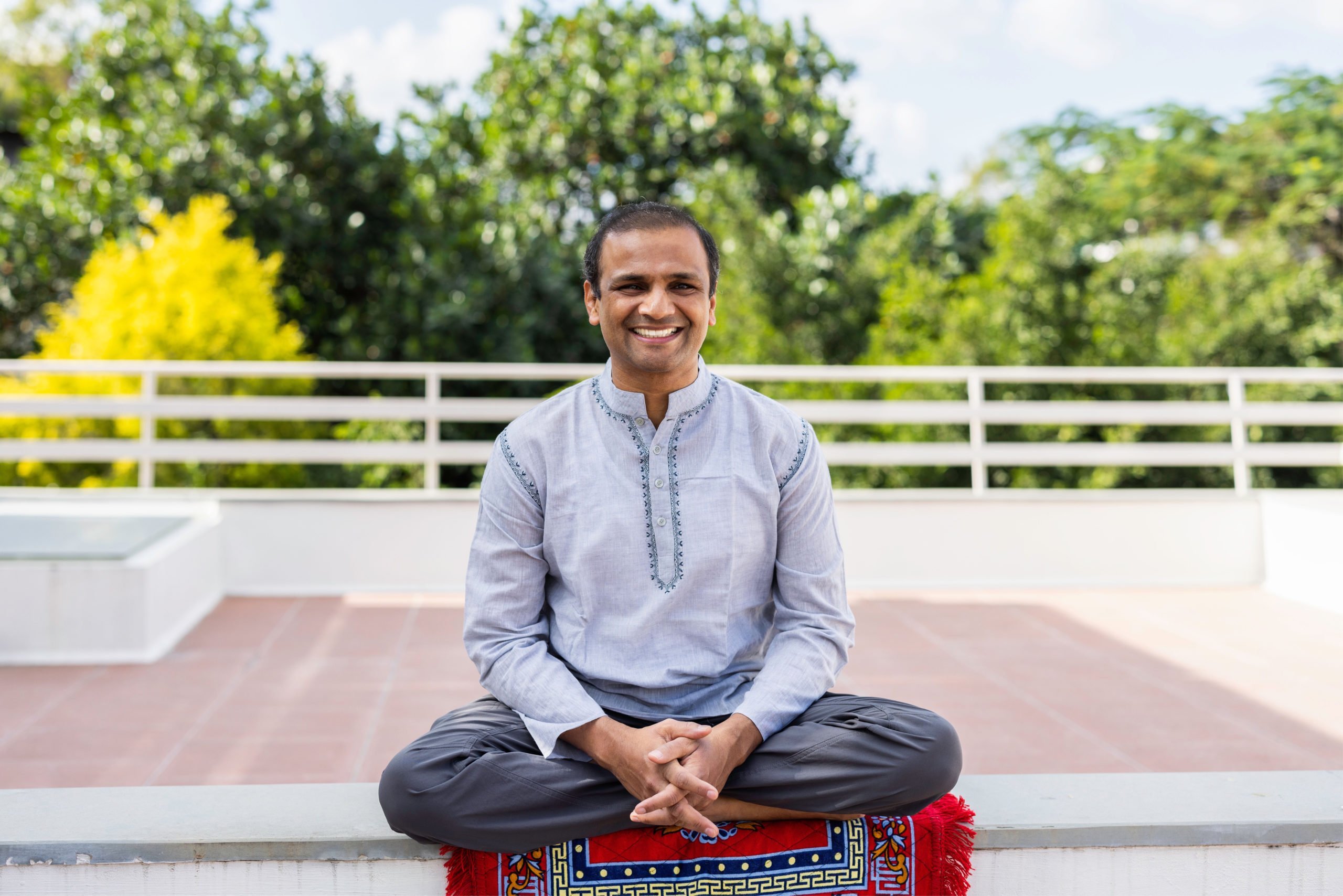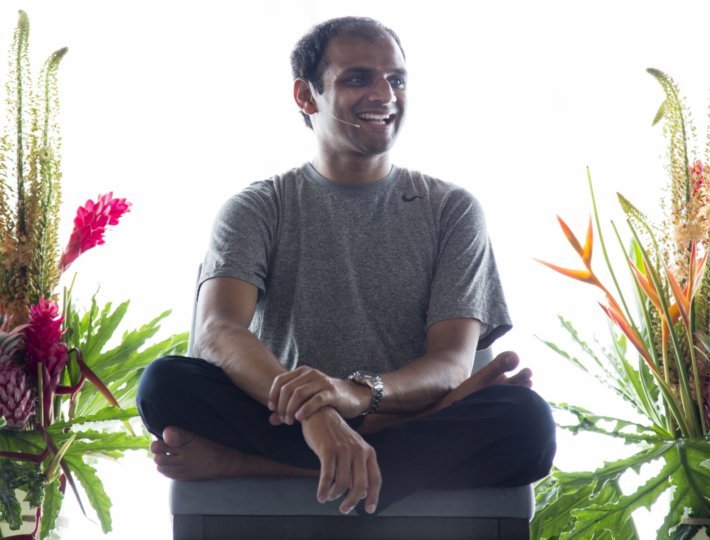There is a long tradition of Western intellectuals telling us we shouldn’t be jealous. Socrates, for instance, said, “Envy is the ulcer of the soul.” Theodore Roosevelt is often associated with the assertion that “comparison is the thief of joy.” Even The Holy Bible warns against coveting our neighbors’ possessions. If philosophy is evidence, there is a deeply-rooted conviction that jealousy and envy irrevocably change us, and those of us who experience it are joyless sinners plagued with invisible sores.
Everywhere we look, jealousy is a villain, yet our own jealous feelings persist. Socrates, it turns out, can’t save us from ourselves. For all of our collective wisdom, we haven’t eliminated jealousy. Instead, we’ve wrapped it in layer of shame. Therapists Merle Fossum, A.C.S.W., and Marilyn Manson, Ph.D., who study the dynamics of shame in their book Facing Shame: Families in Recovery, lay out the idea that shame is “an inner sense of being completely diminished or insufficient as a person. It is the self judging the self…A pervasive sense of shame is the ongoing premise that one is fundamentally bad, inadequate, defective, unworthy, or not fully valid as a human being.” Jealousy and envy aren’t the culprits that diminish our self-worth; rather, it’s the follow-up belief that we are inherently flawed that does the damage. This is what we need to scrutinize.
In Buddhist philosophy, we come across The Brahma Viharas, a teaching that Iays out the four virtues—loving-kindness (“metta”), compassion (“karuna”), sympathetic joy (“mudita”), and equanimity (“upekkha”)—to be cultivated by a practitioner. Many of us who have rudimentary knowledge of Buddhist teachings may have heard of compassion and loving-kindness, but we may not have heard of the virtue known as mudita, or sympathetic joy. It is, essentially, the antidote to envy.
Many Buddhists agree that sympathetic joy, the state of sharing in the joy and happiness of another, is one of the most difficult virtues to cultivate. Just as compassion is a state of vulnerability (sharing in the pain of another without pity or judgment), sympathetic joy pushes for the softening of the heart—it is a call for us to share in the joy and happiness of another without judgment. It is a call for us to stand in the happiness of others without qualifiers.
In a series of essays published by the San Francisco Zen center called Teachings from Meditation in Recovery: The Four Brahma Viharas, the author lays out why sympathetic joy is such a challenge. “It seems rather difficult to actually feel non-attached happiness for the sake of others. This is not so surprising really. If you stand in one place and turn 350 degrees, it will become immediately apparent that you are the center of the world. Believing otherwise and, even more difficult, experiencing the world otherwise actually takes a lot of work and imagination, and of course, the intention to do so in the first place.” The idea that mudita is a state that doesn’t come naturally to us indicates that those of us who fall prey to jealousy aren’t covered in soul lesions as Socrates theorizes. No, we’re simply human beings striving in every moment.
Related: A New Understanding on the Power of Compassion
Buddhist meditation teacher, Sharon Salzberg, offers us ways to cultivate sympathetic joy. In an O Magazine article she tells the story of a friend who, was feeling envious toward a woman who she felt ‘had it all.’ Salzberg writes, “Her envy hurt so much that she decided to try a practice of compassion to reach sympathetic joy. She recalled the hardships in this other woman’s life: Her brother was an alcoholic, her father had Alzheimer’s, and she was worried about money. Seeing the bigger picture not only enabled my friend to view the other woman in a new way, it allowed her to appreciate the joy in her own life. As her perspective opened, she let go of old assumptions about how deprived she was. Now this woman no longer seemed so alien, and my friend could feel a burgeoning and genuine connection to her. The bindings of envy loosened, and she felt joy for herself and joy that the other woman had good things in her life. Instead of seeing someone else’s happiness as a threat to her own, it actually became her own.” When we can take a step back and realize that one person’s happiness doesn’t have to diminish our own, we can organically move beyond our feelings of jealousy.”
Wisdom traditions and spiritual teachers aren’t the only people who can help us find new ways to engage with our own longing. In fact, former Saturday Night Live star, Amy Poehler touches on this concept when she writers candidly about why award shows don’t really mater (and how, inevitably, they sort of do). In her memoir, Yes Please, she recalls the dilemma of being nominated for an award, and then slowly beginning to desire it. This type of desire, wanting to best the other women in her category, was a perfect opportunity for jealousy to crop up. However, Poehler would temper the feeling of wanting what she calls, “the pudding,” by staging bits with other nominees at awards shows. At the 2011 Emmy’s she called all of the other nominees for Outstanding Lead Actress in a Comedy Series and planned to stage a beauty pageant when their category was presented. As each actresses name was called, they would come up on stage, and hold hands as if they were being all contending for the title of Miss America. In the end, Amy Poehler didn’t win, but the energy she could’ve spent hoping and wishing for what she wanted, was tempered by the excitement of planning and organizing. When writing about that moment, Poehler says, “When Melissa won, we all genuinely screamed with joy. Standing on stage being funny with those ladies was so much better than winning. I can only assume. I didn’t win. Melissa did. It doesn’t matter.” Inevitably, when we turn our energy toward collaboration, it starts to matter less who actually “wins.” When we collaborate, jealousy becomes less relevant. Jealousy becomes rooting against yourself.
Poehler writes about wanting the pudding, but really—she is teaching us about sympathetic joy.
In my life, when I find myself growing jealous of my friends (or feeling guilty over the thought that they might be jealous of me) I do two things. The first, I try to remember that I travel in the hearts of my loved ones, and they travel in my heart as well. When they walk down the aisle or towards some other major milestone, I walk with them as a living testament to the hard work they’ve done. Heartbreaks are best absorbed among friends, just as victories are best celebrated with our loved ones. What a privilege to witness bones and bruises they’ve healed to exist in this moment. Sure, I’m jealous, but there’s so much more beyond that feeling. I can share in their happiness. I can reach beyond my own longing, to see the happiness they’re willing to share with me.
Related: Why Can’t I Do Yoga Alone?
The second thing that I do is I say it out loud (either to the person or a non-judgmental friend). I am blessed to have close enough friends and family members that, when I feel jealous, I can tell them without fear. Most often, we laugh about it, and the shame I felt at being jealous turns into pride that our relationship is strong enough to hold all feelings (even the less favorable ones). Jealousy and envy are walls that block deeper emotions. When we can see through the cracks in that wall we allow for deeper more profound connections to come forth.
In the end, when we divorce ourselves from our Western narratives and stand on our own, we come to discover that jealousy happens and the world doesn’t end. You can work to move into a state of sympathetic joy or you can ruminate. You can try to collaborate with those who have what you desire or you can hang their pictures on a wall and throw darts. Life moves despite our personal successes or failings. What’s more, all of our feelings bare wisdom, and often our haste to change our feelings undermines our opportunity to grow. Will you be brave enough to bypass the distractions of guilt and shame, and look your longing in the face? Will you be compassionate enough with yourself to sit beside your feelings and just allow them to be?
Only then can you get to the more productive feelings of sympathetic joy and personal satisfaction. May your longings guide you back to the truth: that all we have is this moment, and in this moment, as you read these words, you are alive, supported, and thriving.








Comments (1)